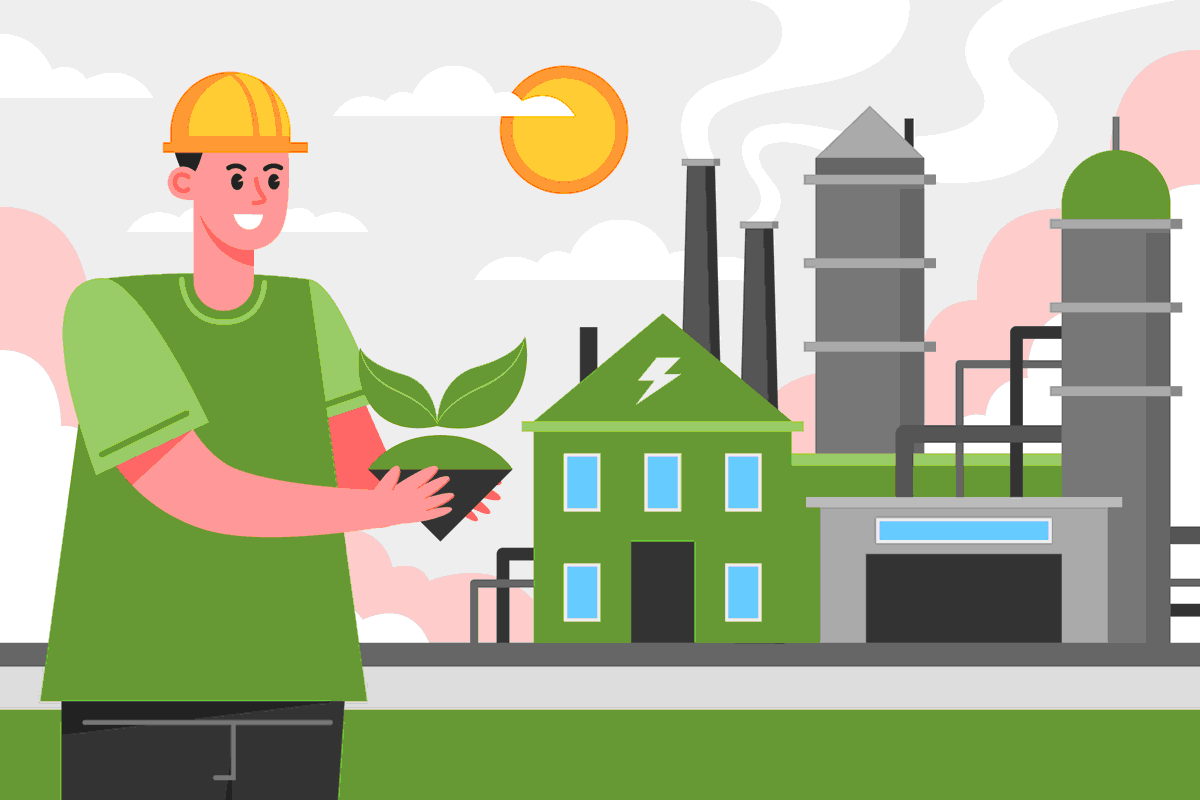
Minimizing the Environmental Impact of Offshore Drilling Waste: Innovative Technologies and Best Practices
Offshore drilling is a vital component of the global energy industry, providing a significant source of oil and gas. However, it also has a significant impact on the environment due to the production of waste. Offshore drilling waste refers to the byproducts generated during oil and gas exploration, including drilling fluids, cuttings, and produced water. These wastes can have detrimental effects on marine ecosystems, including damage to coral reefs, fish populations, and other marine life.
The offshore drilling industry has been working to reduce its environmental impact by implementing innovative waste reduction technologies and best practices. In this article, we will explore the latest developments in offshore drilling waste reduction, successful case studies, and future innovations.
Environmental Impact of Offshore Drilling Waste
Offshore drilling waste can cause significant harm to marine ecosystems, with long-lasting impacts. Drilling fluids and cuttings, for example, can smother benthic habitats, reducing biodiversity and affecting fish and invertebrate populations. Produced water can also be toxic to marine life, as it often contains chemicals used in the drilling process.
According to the International Association of Oil & Gas Producers, offshore drilling waste accounts for around 5% of the total waste generated by the oil and gas industry globally. This figure highlights the need for continued efforts to reduce the environmental impact of offshore drilling waste.
Current Waste Reduction Technologies and Techniques
The offshore drilling industry has made significant strides in reducing its environmental impact through the implementation of waste reduction technologies and techniques. Some of the most successful techniques include:
1. Zero discharge policy: This policy involves treating and reusing all drilling fluids and cuttings, resulting in a significant reduction in waste. Norwegian oil company Equinor has implemented this policy and achieved a 99.9% reduction in waste.
2. Subsea injection: This technique involves injecting produced water and other wastes directly into the seabed, where they are naturally biodegraded. This technique has been shown to be effective in reducing the environmental impact of produced water.
3. Bioremediation: This technique involves using bacteria to break down drilling waste, including drilling fluids and cuttings. This method has the potential to significantly reduce waste and improve environmental outcomes.
Successful Case Studies
Several case studies demonstrate the effectiveness of waste reduction techniques in offshore drilling. Equinor's zero discharge policy is one of the most successful examples, achieving a 99.9% reduction in waste. Another case study is the Gulf of Mexico Research Initiative funded project, which developed an environmentally friendly drilling mud made from agricultural waste. This innovation has the potential to reduce waste and improve drilling efficiency.
Challenges and Limitations in Implementing Waste Reduction Technologies
Despite the success of waste reduction techniques, there are several challenges and limitations in implementing them. One of the most significant barriers is the cost of implementing new technologies. Some technologies can be expensive to install and maintain, making them unfeasible for smaller operators. Additionally, some technologies may not be suitable for all environments or drilling conditions, limiting their effectiveness.
Future Developments and Innovations
Despite the challenges and limitations, the oil and gas industry is constantly developing and innovating new waste reduction technologies and techniques. Some of the future developments and innovations in the field include:
1. Robotics and Automation
Robotic and automated systems have the potential to significantly reduce the amount of waste generated during offshore drilling operations. These systems can improve the accuracy of drilling and reduce the need for manual labor, which can result in a reduction in waste generation.
2. Advanced Treatment Technologies
Advanced treatment technologies, such as nanofiltration and reverse osmosis, are being developed to treat and reuse produced water. These technologies can significantly reduce the amount of produced water that is discharged into the ocean and minimize the environmental impact of drilling operations.
3. Biodegradable Drilling Fluids
Biodegradable drilling fluids are being developed to replace traditional petroleum-based drilling fluids. These biodegradable fluids have the potential to reduce waste generation and minimize the environmental impact of drilling operations.
Conclusion
Offshore drilling waste has a significant impact on the environment, but the industry is making strides in reducing its environmental footprint. Through the implementation of innovative waste reduction technologies and best practices, the industry is successfully reducing the amount of waste it produces. Successful case studies, such as Equinor's zero discharge policy and the Gulf of Mexico Research Initiative 's environmentally friendly drilling mud, have demonstrated the effectiveness of these efforts.
Environment and Ecology


